Endowment


Endowment
Endowment; According to the civil law, the endowment is: the same property, imprisonment and its benefits are accrued. The word “devotion” means to place the interests or the same property in the way of God.
Types of endowments
Special endowment: The users of the endowment are certain individuals, groups or groups; Like the financial endowment that is specific to the professors or students of a particular university or the students of a school.
Public endowment: The users of that endowment do not belong to a specific person or group, but to the public interest, such as mosques, hospitals or the people of a city.
According to this law, devotion is required by the devotion to use any word that explicitly implies its meaning and to accept the first class of those to whom the devotion is given or their legal representative if they are restricted (countable and limited). Like devotion on children, and if devotion against non-enclosed property or devotion on public interests (public devotion), then acceptance of the ruler is a condition. In addition, the devotion must be the financial owner of the devotion and in addition must have a qualification that is valid in transactions. Among other things, that he is wise and mature, and that he intends to be completely free, and that his lack of stone is necessary. Also, only money can be endowed that can be benefited with the survival of the object, whether it is movable or immovable, common or disposable.
Devotion conditions
The endowed property must have the following conditions:
- The property is visible and objective (no interest or debt).
- The endowment must be the property of the endowment, and the endowment must have a lawful benefit and its benefit does not belong to a right other than that which prevents its possession. Therefore, the devotion cannot bequeath the property he has mortgaged.
- The principal of the property, using its benefits, is not exhausted and remains in a significant amount. Therefore, it is not correct to dedicate food and beverage materials and goods. Like endowing the fruit of a tree, but the tree or garden itself can be endowed
- The endowment should not be dedicated for the forbidden benefit.
- According to the Shari’a ruling, one of the conditions for the validity of the endowment is the receipt and contract (delivery and surrender) of the endowed property. According to Article 59 of the same law, “If the devotion does not seize the same endowment, the devotion will not be realized, and the devotion will be realized whenever it is received”.
Refer to the endowment
The devotion is necessary after its occurrence in a correct manner and obtaining a receipt, and the devotion cannot refer to it or change it, or remove anyone from the endowment against them, or include someone in the endowment against them, or share with them, or if during the contract does not appoint a trustee, then appoints a trustee or intervenes as a trustee. The devotion can appoint a trustee for life or for a certain period of time, and it can also appoint another trustee to manage the devotion independently or in combination.
The guardianship of the endowment property may be entrusted to one or more persons other than the trustee, each of whom administers it directly and regularly, and the trustee may stipulate that he or she or the designated trustee install the trustee or deem any arrangements appropriate in this regard. Put.
If you have any questions about the endowment and its rulings, or if you need guidance in preparing and enforcing the provisions of the petition and the endowment bill, our experienced consultants and attorneys at the Asian Bar Association will answer your questions.


